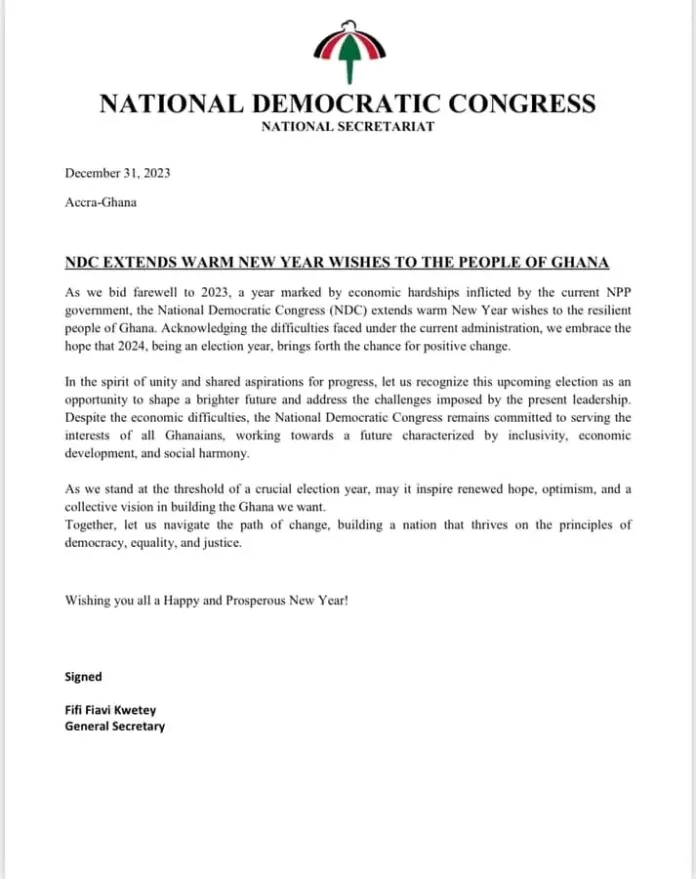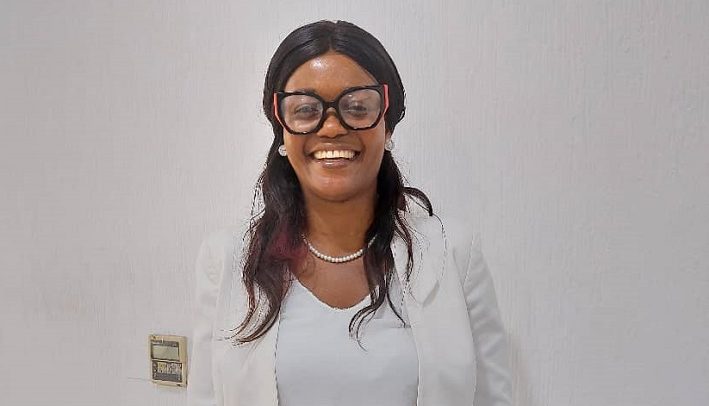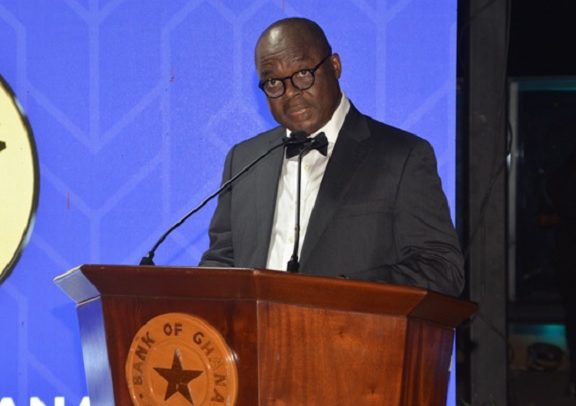
By Joshua AMLANU
The Bank of Ghana has reinforced its commitment to institutionalising digital currency and modernising its monetary policy framework, through a raft of initiatives aimed at bridging the gap between academic research and central banking.
At the launch of the Bank of Ghana Chair in Finance and Economics at the University of Ghana on Tuesday, Governor, Dr Johnson Pandit Asiama outlined a strategy that places intellectual capital at the centre of the central bank’s evolving policy agenda.

The move marks a shift toward embedding digital finance within Ghana’s regulatory and academic infrastructure, with the e-Cedi, Ghana’s central bank digital currency (CBDC), at the core of this transformation.
The Chair, to be housed jointly in the Departments of Economics and Finance, is designed to drive research in areas such as inflation modelling, monetary transmission, regulation of virtual assets, and digital financial inclusion. BoG officials view it as a mechanism to support both long-term policy formation and the development of future technocrats.
“Our aim is to ensure that innovation serves inclusion,” Dr Asiama said, “and that the Ghana cedi, whether in coin, note, or code, remains a symbol of national confidence.”
While CBDC pilots across Africa have attracted global attention, Ghana is among a few countries advancing toward formal deployment. The e-Cedi project, first tested in 2021, has now moved beyond proof-of-concept, with regulators finalising a framework for virtual asset service providers and experimenting through a fintech sandbox.
The BoG’s approach departs from purely technological experimentation. Officials have signalled that the long-term success of digital currency depends as much on intellectual readiness and regulatory coherence as it does on software and infrastructure.
The university partnership is part of a broader attempt to build policy capacity across the financial system. The Governor announced the launch of the Governor’s Future Leaders Fellowship, a new pipeline programme that will send high-performing Ghanaian graduates to global institutions before integrating them back into national policymaking roles.
“Central banks must evolve into intelligence-driven organisations,” Dr Asiama said, noting that data, forecasting, and risk analysis will be critical for managing future shocks and opportunities.
Recent volatility—including the 2022 inflation spike and the sharp depreciation of the cedi—has heightened pressure on monetary authorities to build greater institutional resilience.
The Chair is expected to be a potential template for how central banks in the region can collaborate with academia to address structural challenges, including weak transmission of monetary policy, over-reliance on government debt markets, and informalisation of financial services.
The Bank expects the initiative will also catalyse debate on controversial issues such as exchange rate flexibility and the role of central banks in regulating cryptocurrencies, areas where policy clarity remains limited.
“The digital revolution is not just technological, it is institutional,” Dr Asiama said. “We need frameworks that match the pace of innovation but also reflect our unique national and regional realities.”
The Governor said the Chair, awarded to Professor Paul Alagidede, will function as a research hub and training ground, with the goal of creating a “new generation of thinkers who will shape the financial architecture of tomorrow.”
The post BoG leverages academia to shape digital currency future appeared first on The Business & Financial Times.
Read Full Story





















Facebook
Twitter
Pinterest
Instagram
Google+
YouTube
LinkedIn
RSS